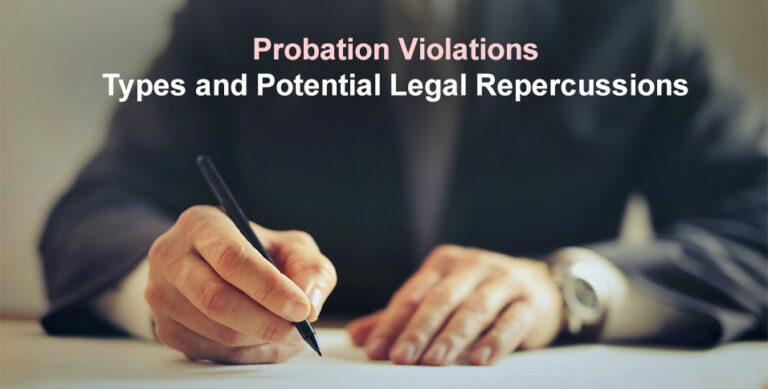Nestled between the Puget Sound and the grandiose Olympic Mountains, Seattle’s coastal areas offer breathtaking views and a unique climate that poses specific challenges to homeowners. Among these challenges is the potential for sewer line corrosion—an issue that, if left unaddressed, can lead to costly repairs and environmental concerns. This blog post serves as a comprehensive guide for Seattle residents looking to protect their sewer lines from corrosion, ensuring your home remains a stable and secure sanctuary.
Understanding Sewer Line Corrosion
Corrosion is a natural process that occurs when metal pipes—commonly used in sewer lines—are exposed to moisture, chemicals, and other environmental factors. The high humidity, salty air, and acidic soil in coastal regions like Seattle can accelerate this process. Corroded sewer lines can lead to leaks, backups, and even structural damage to your property. Not only does this result in costly repairs, but it can also pose a health risk due to exposure to raw sewage. If you are experiencing issues, it may be time to consider professional sewer line repair Seattle services to protect your home from further damage.
The Importance of Regular Inspections
Routine inspections are essential for detecting early signs of corrosion and preventing major issues. Engaging a professional plumber to examine your sewer lines thoroughly can help identify potential problems before they escalate. During an inspection, plumbers use specialized cameras to assess the condition of your pipes and pinpoint areas susceptible to corrosion. These inspections provide valuable insights into the health of your sewer system, allowing you to take timely action.
Opting for Corrosion-Resistant Materials
When repairing or replacing sewer lines, consider using materials that are resistant to corrosion. Modern plumbing technology offers several options that are more durable and better suited to Seattle’s coastal environment. PVC (polyvinyl chloride) and HDPE (high-density polyethylene) pipes are popular choices because they are resistant to moisture and chemical reactions, making them ideal for coastal areas. These materials are not only durable but also environmentally friendly. Consult with your plumber to determine the best material for your specific needs.
Implementing Protective Coatings and Linings
Another effective strategy for preventing sewer line corrosion is the application of protective coatings and linings. These products create a barrier between the pipe’s surface and corrosive elements, helping prolong your sewer system’s life. Epoxy linings, for example, are commonly used in trenchless sewer repair methods. They are applied inside the existing pipes, forming a seamless, durable layer that resists corrosion and minimizes leaks. Protective coatings can be applied internally and externally, depending on the condition and placement of your sewer lines.
Managing Soil Acidity and Moisture Levels
The soil in Seattle’s coastal areas often contains high levels of acidity and moisture, both of which contribute to sewer line corrosion. Managing these environmental factors can significantly reduce the risk of damage. Improving drainage around your property helps control moisture levels in the soil, preventing water from pooling around your sewer lines. This can be achieved through landscaping techniques such as grading and installing French drains. Additionally, amending the soil with lime or other neutralizing agents can help reduce acidity levels, creating a less corrosive environment for your sewer lines.
The Role of Cathodic Protection Systems
Cathodic protection systems are an advanced method for preventing corrosion in metal pipes. These systems work by redirecting electrical currents away from the pipe surface, inhibiting the chemical reactions that cause corrosion. There are two main types of cathodic protection systems—sacrificial anode systems and impressed current systems. Both are effective in safeguarding sewer lines, though the choice of system will depend on your specific needs and the configuration of your sewer system.
Engaging in Preventative Maintenance
Preventative maintenance is crucial in extending the life of your sewer system and minimizing the risk of corrosion. Regular cleaning and maintenance can help remove debris and substances that contribute to corrosion, keeping your pipes in optimal condition. Schedule routine cleanings with a professional plumbing service to ensure your sewer lines remain free of blockages and buildup. This proactive approach reduces the risk of corrosion and helps maintain efficient water flow. In addition to professional cleanings, you can implement simple maintenance practices at home, such as avoiding the disposal of grease and corrosive chemicals down the drain, which can exacerbate corrosion problems.
Conclusion
Protecting your sewer lines from corrosion in Seattle’s coastal areas is an essential aspect of homeownership that should not be overlooked. By understanding the unique challenges posed by your environment and implementing effective solutions, you can safeguard your home and maintain its value.
Take action today by scheduling a professional inspection and exploring the various protective measures outlined in this guide. For further resources and personalized advice, consider consulting with a local plumbing expert who can help tailor a plan to your specific needs.
With the right approach, you can enjoy the beauty of Seattle’s coastline while ensuring your sewer system remains in excellent condition.
Also Read: Seasonal Plumbing Challenges: How to Protect Your Sewer Lines Year-Round
















